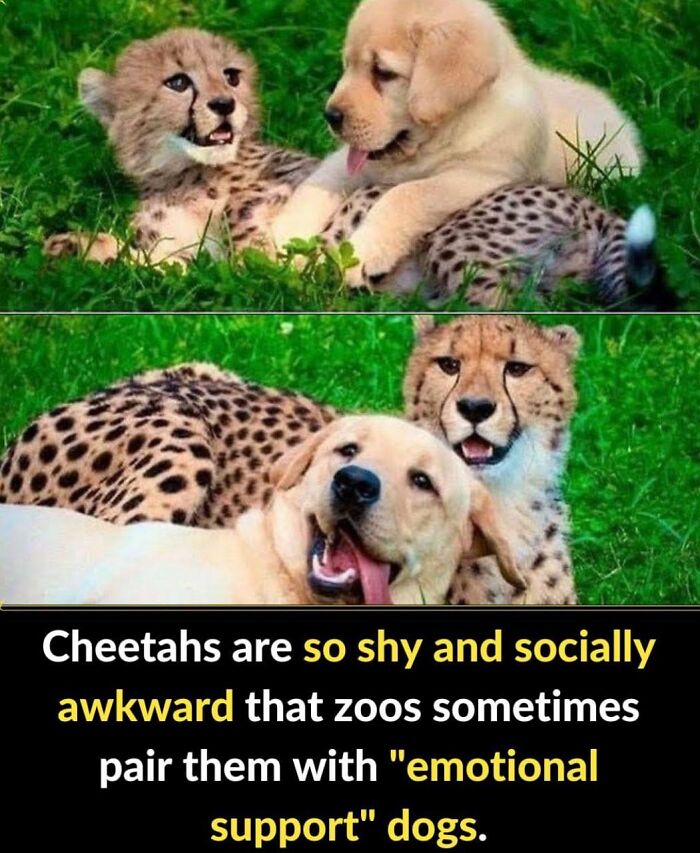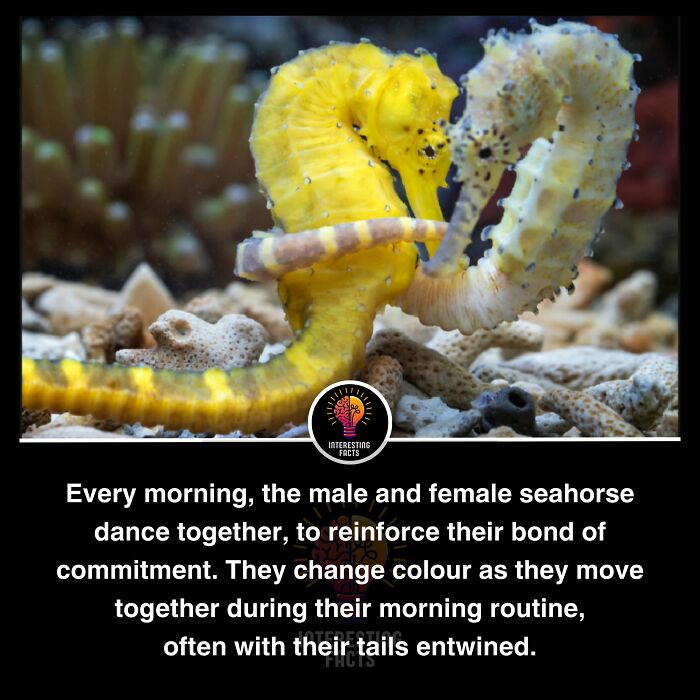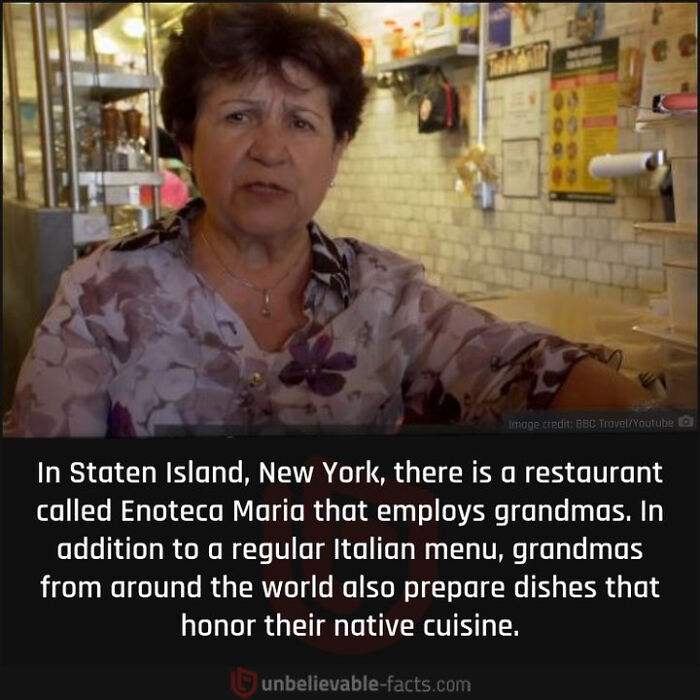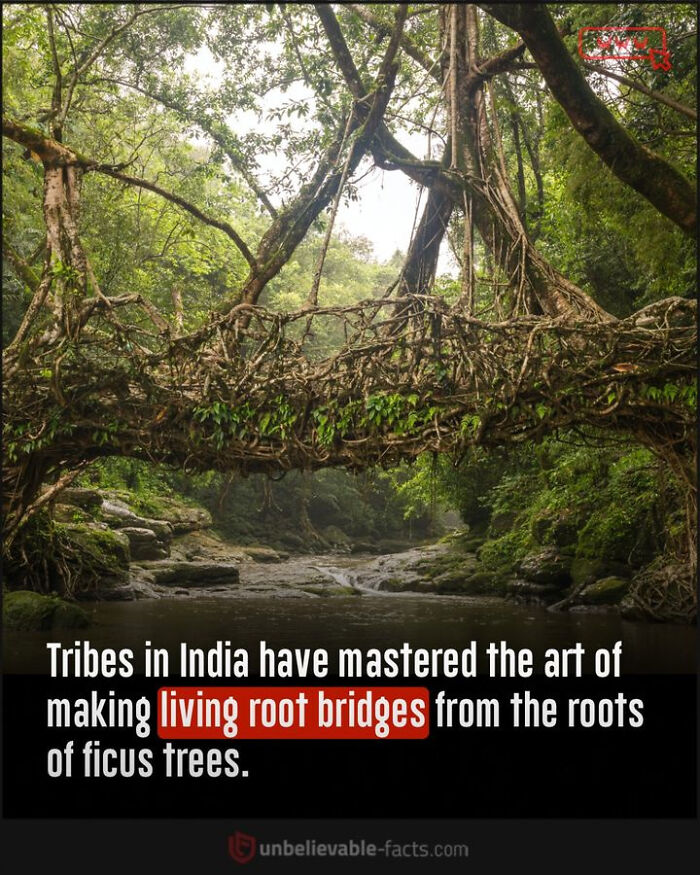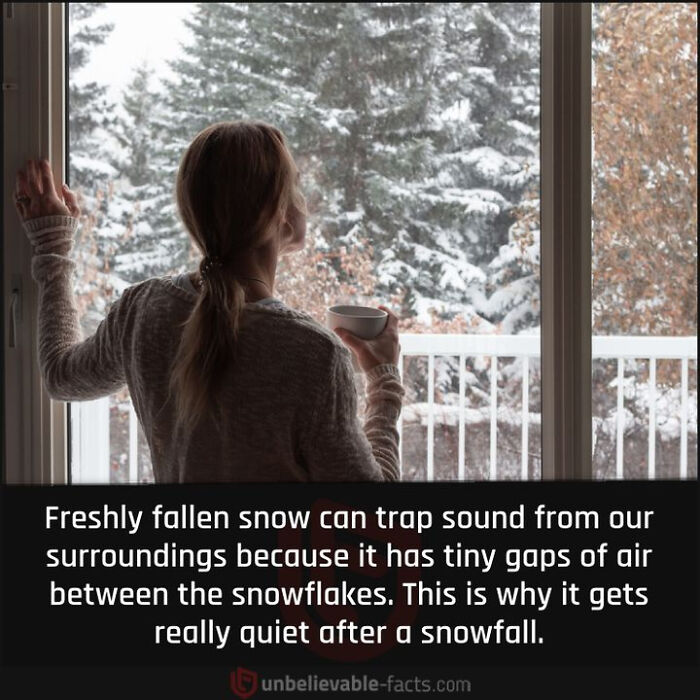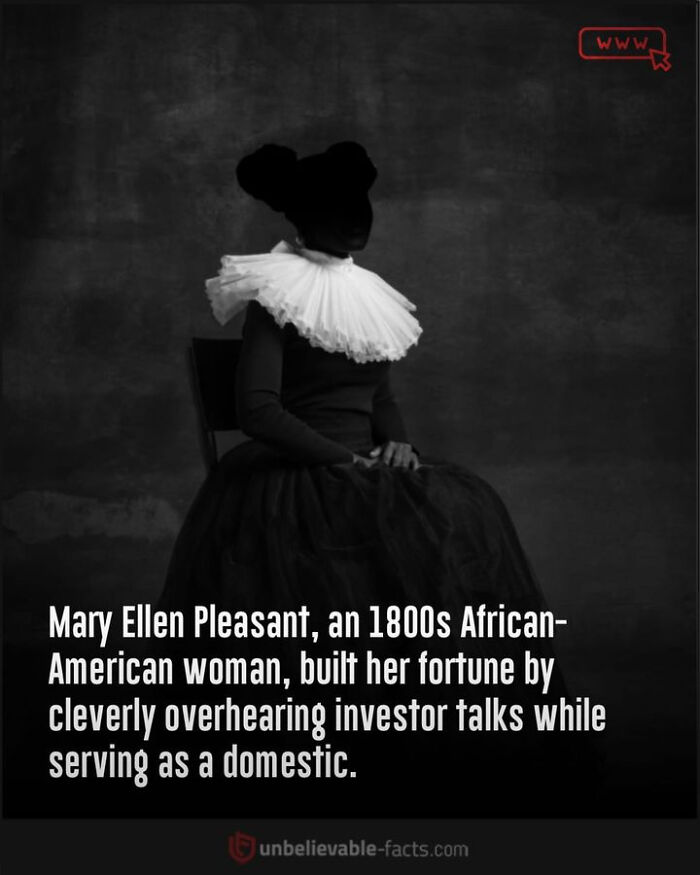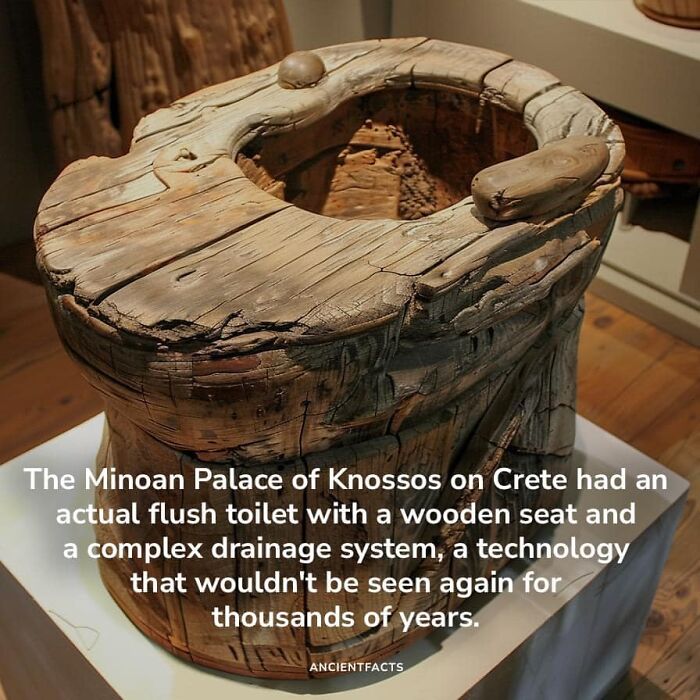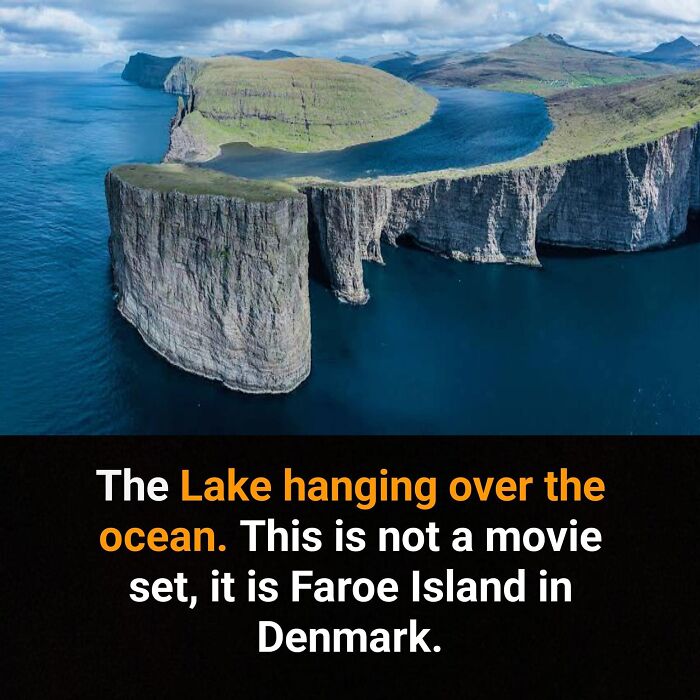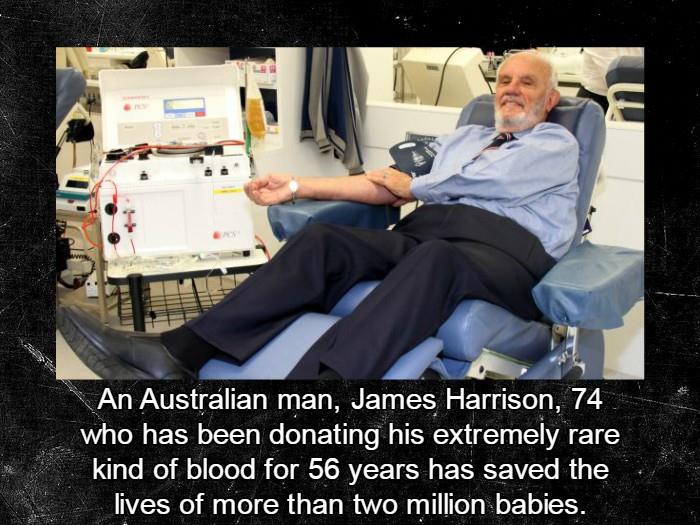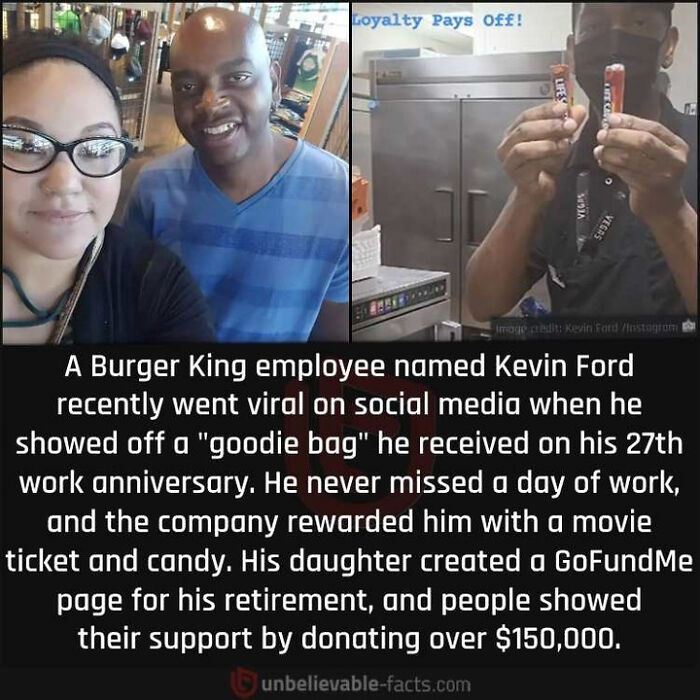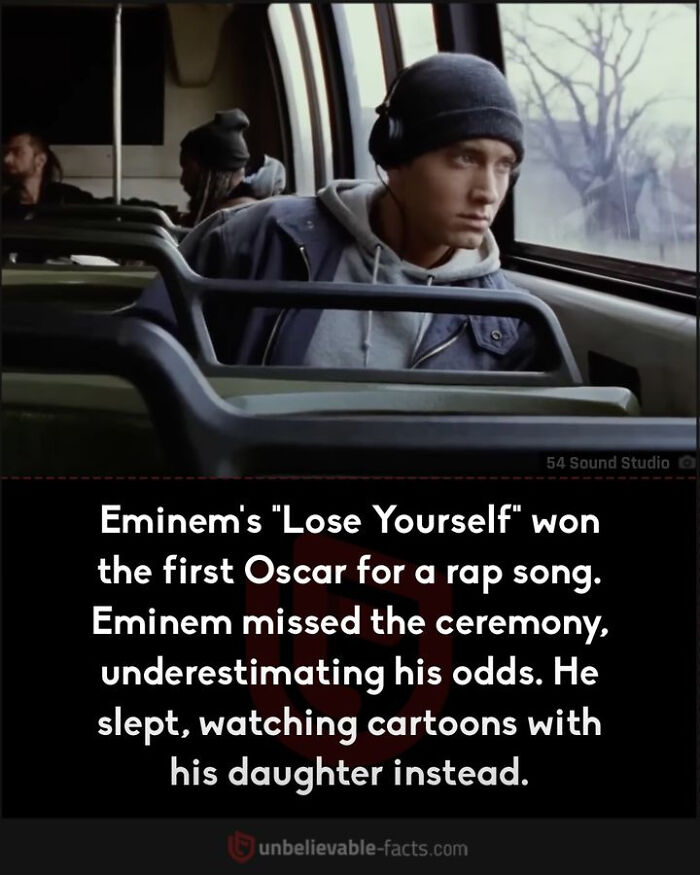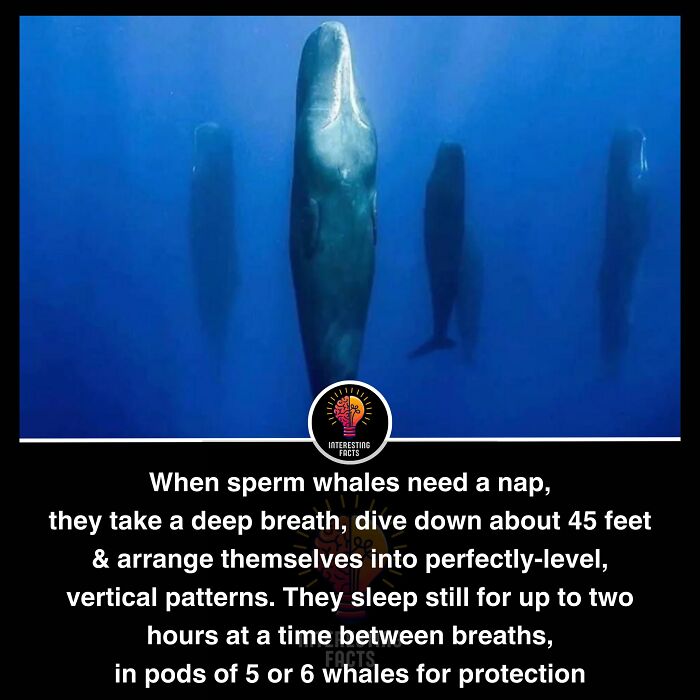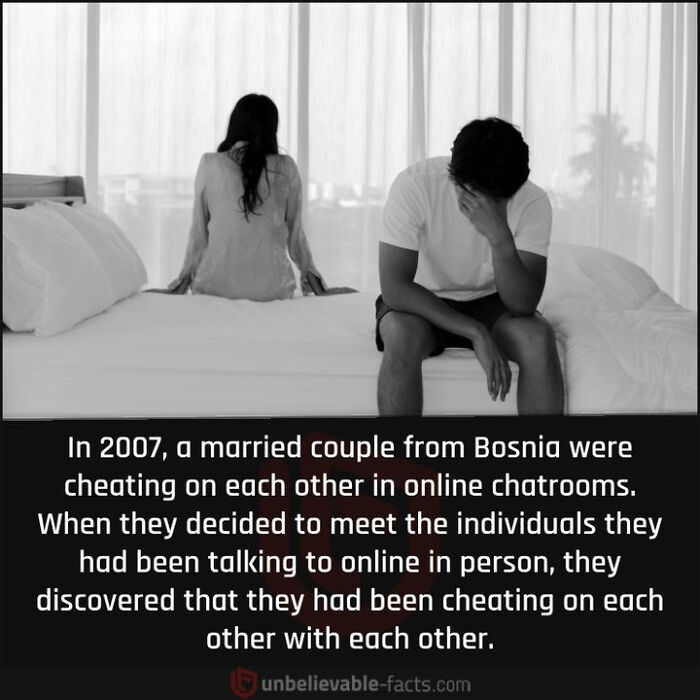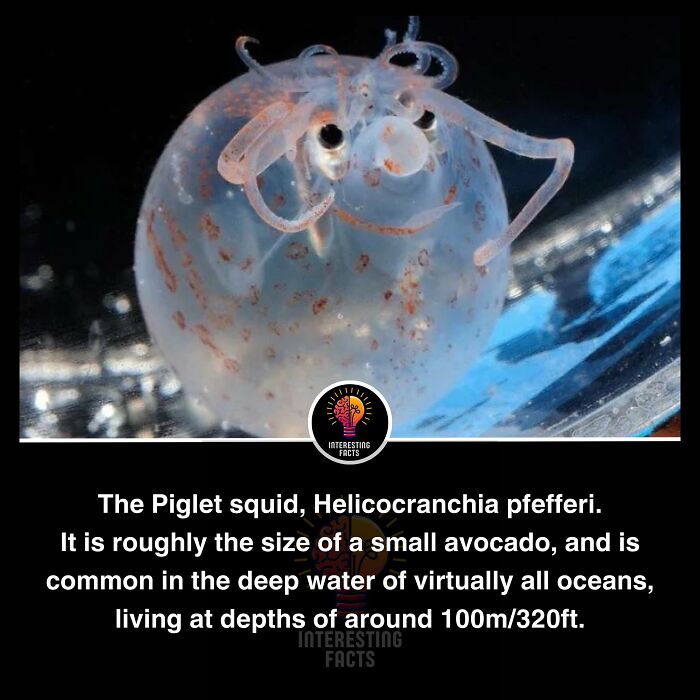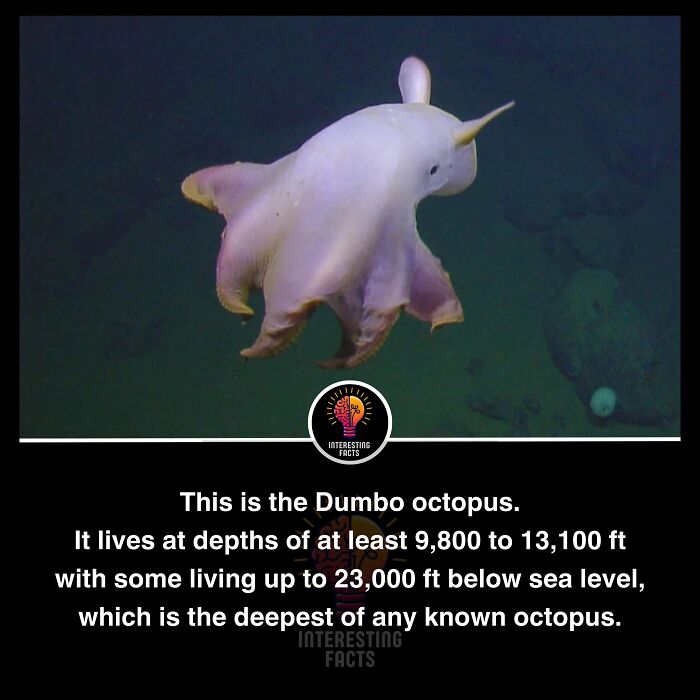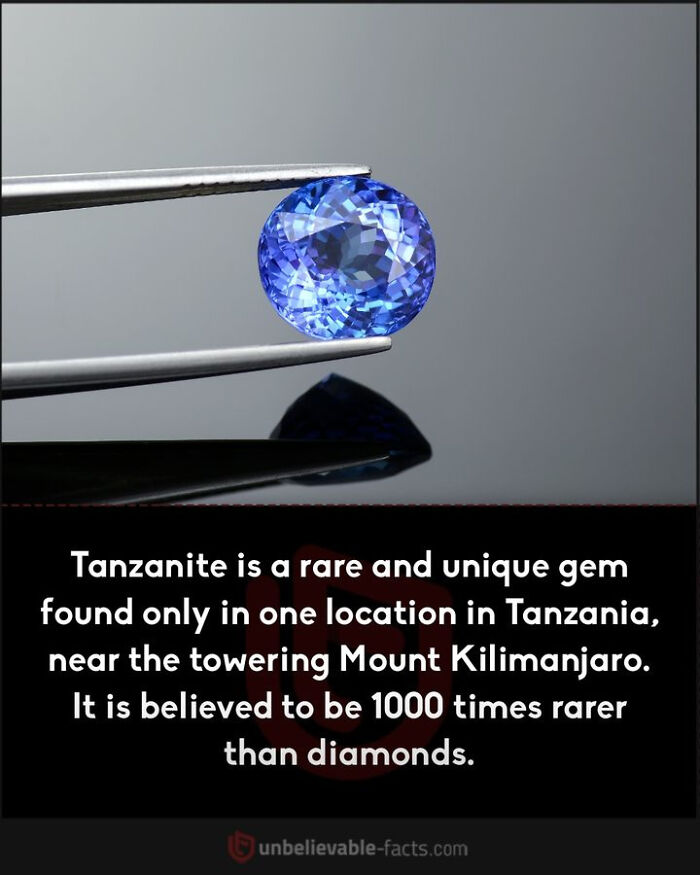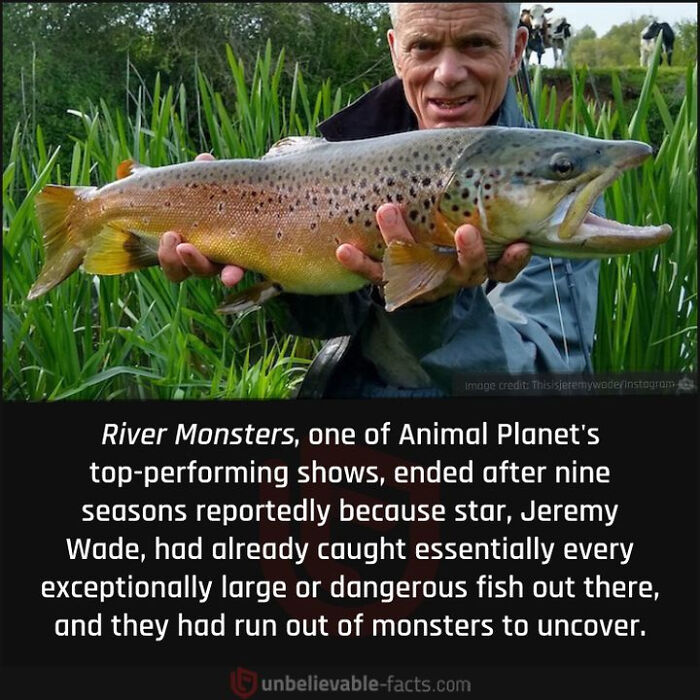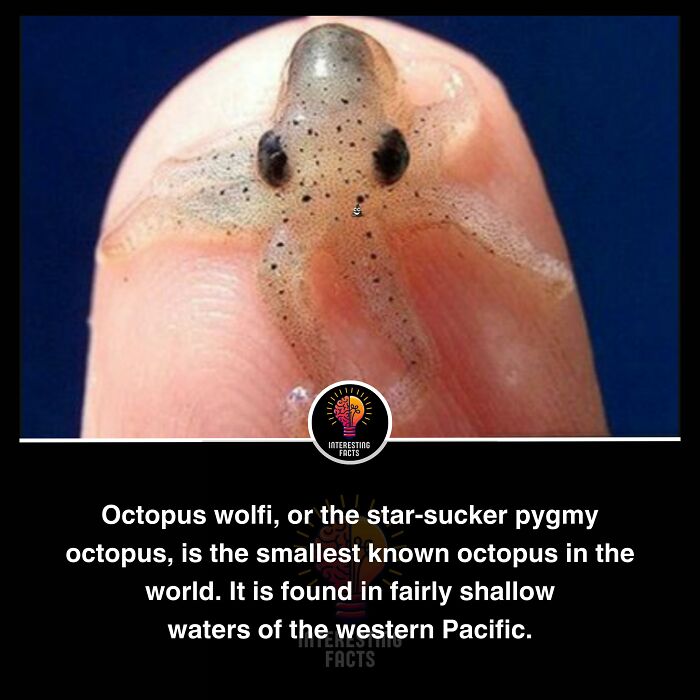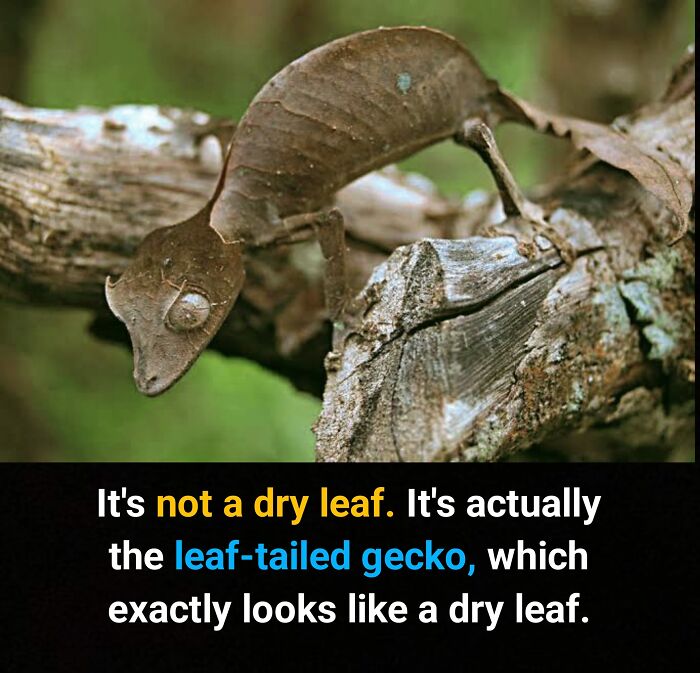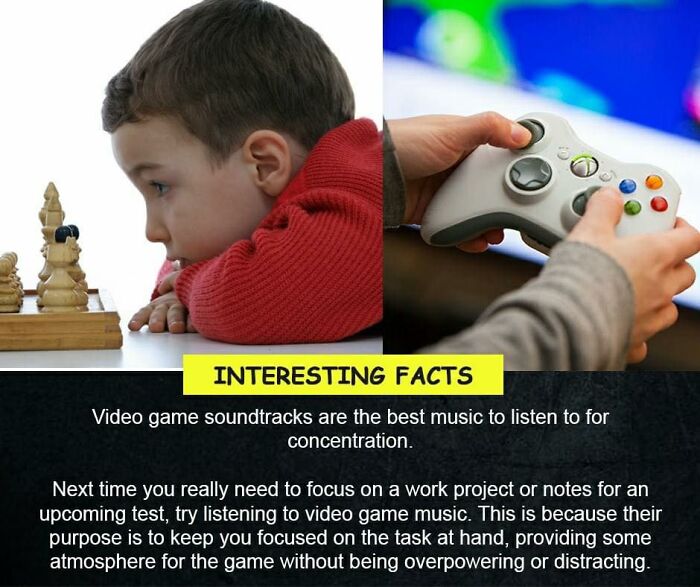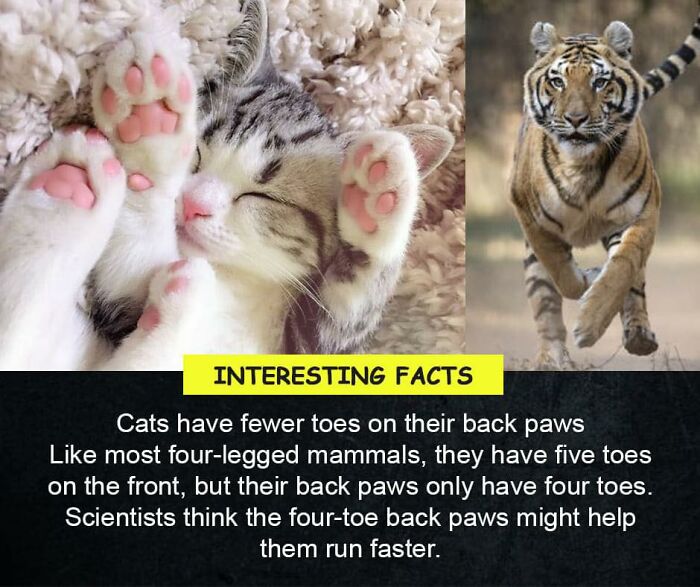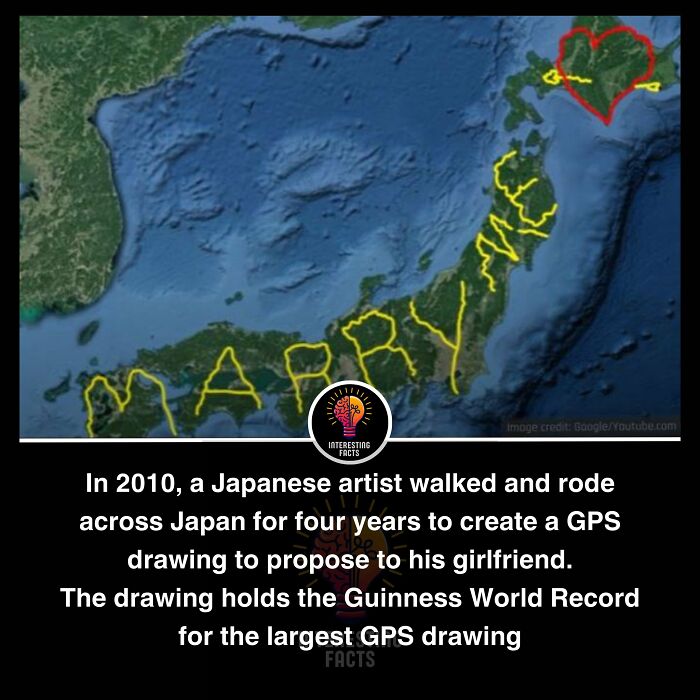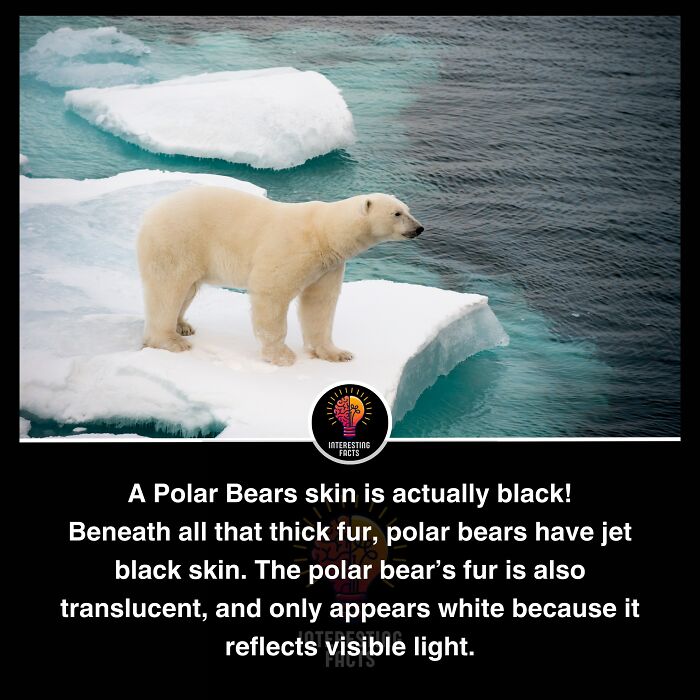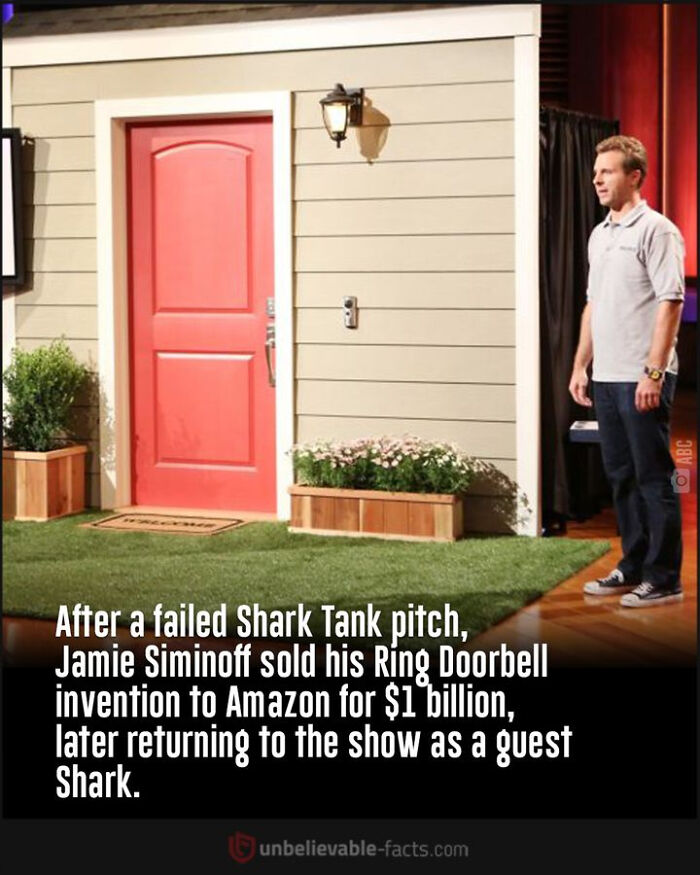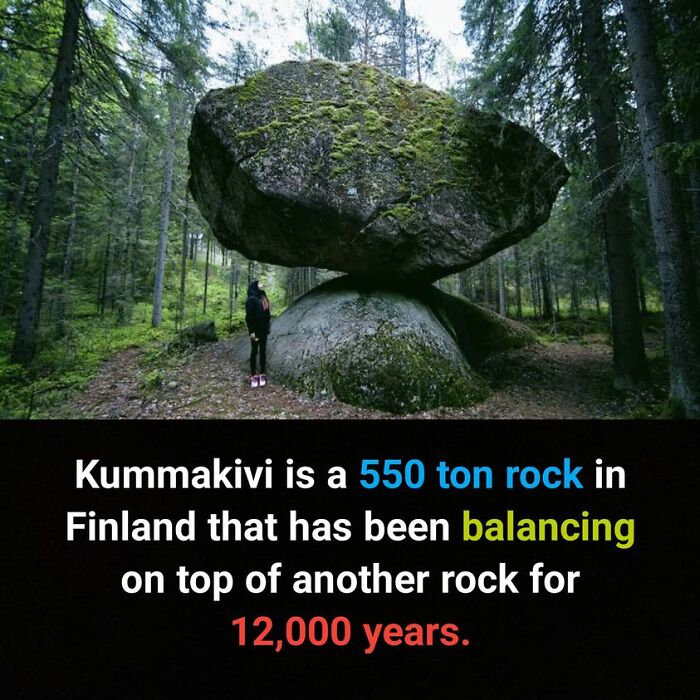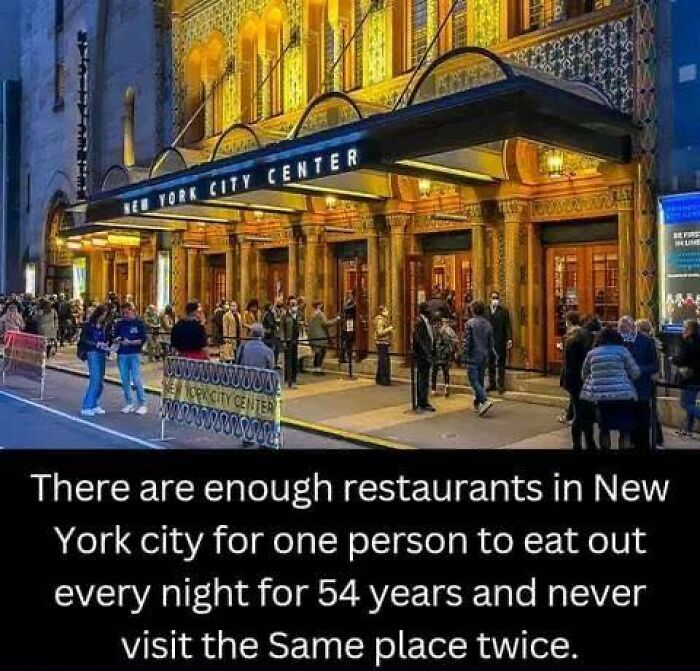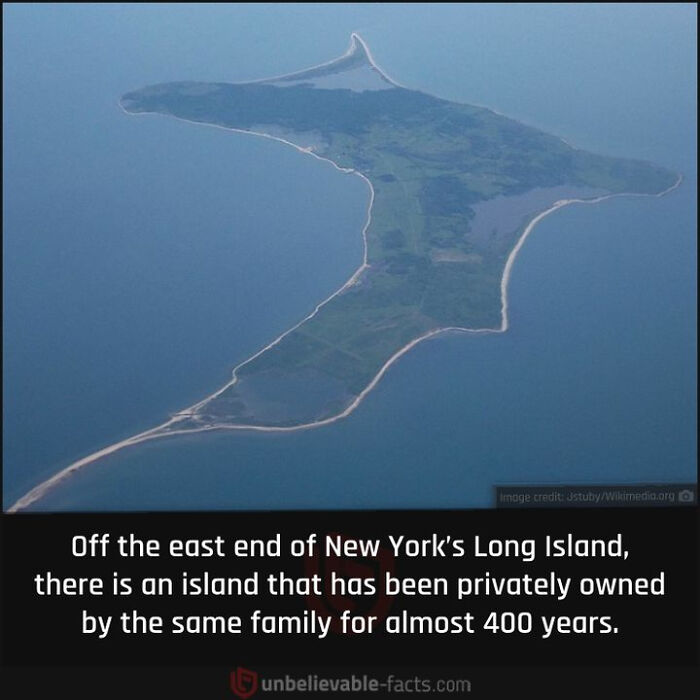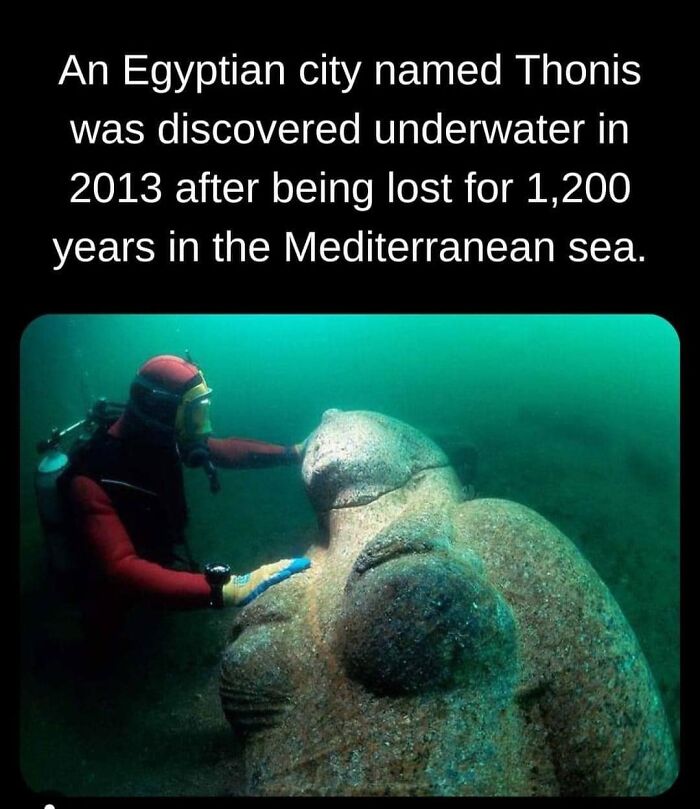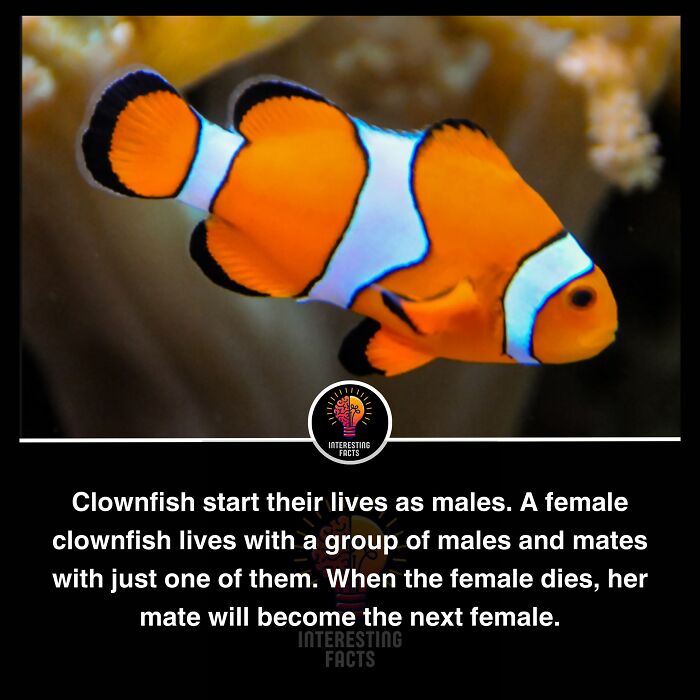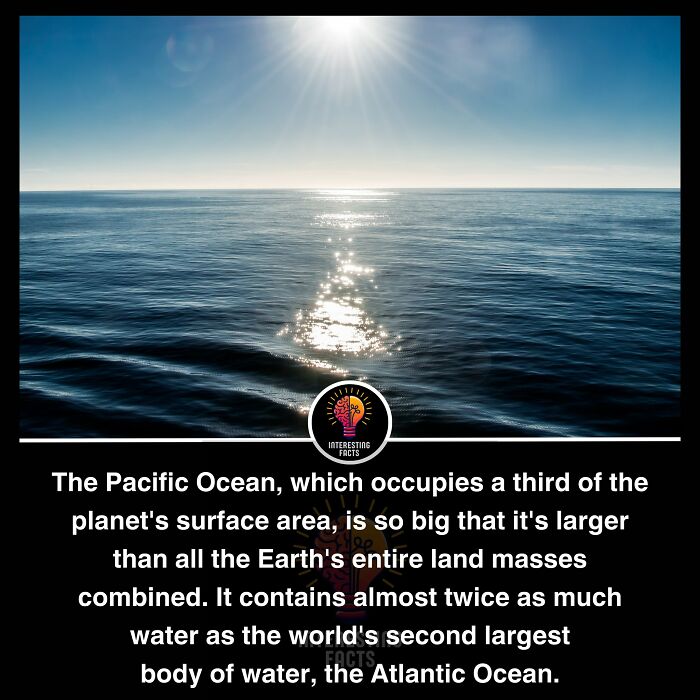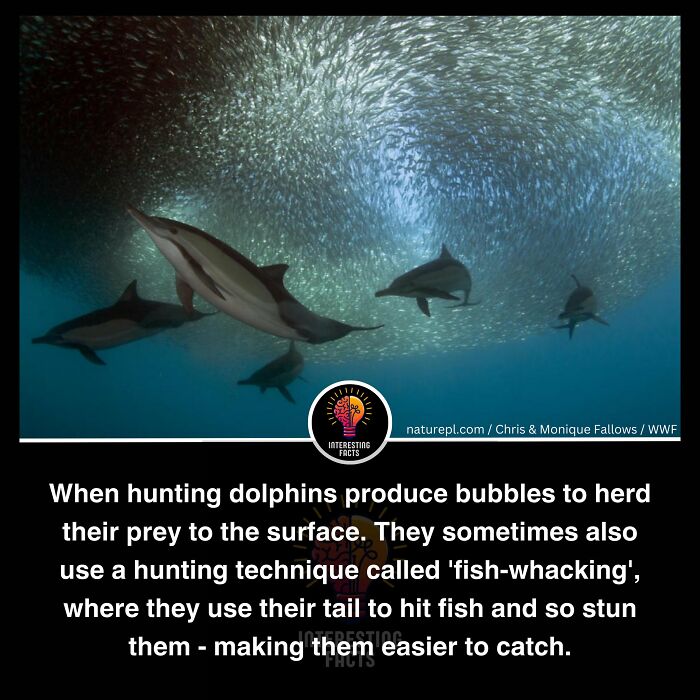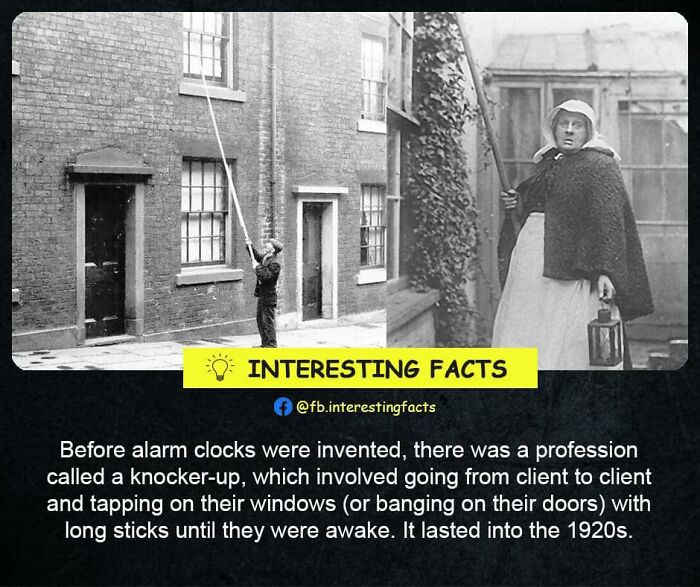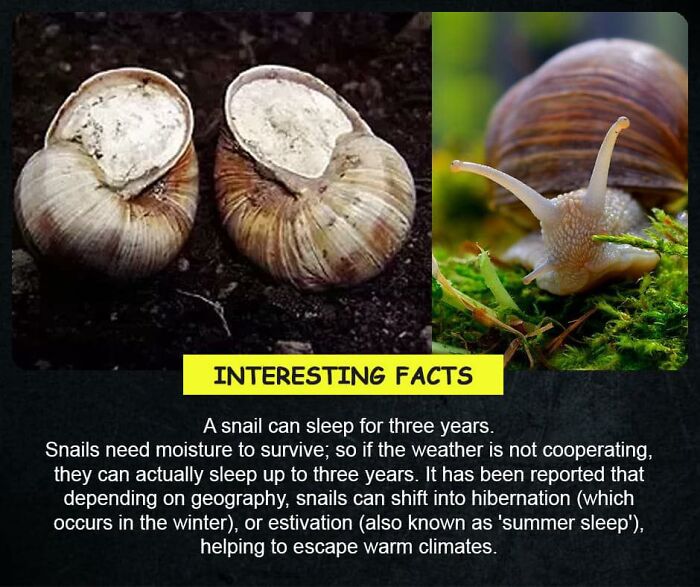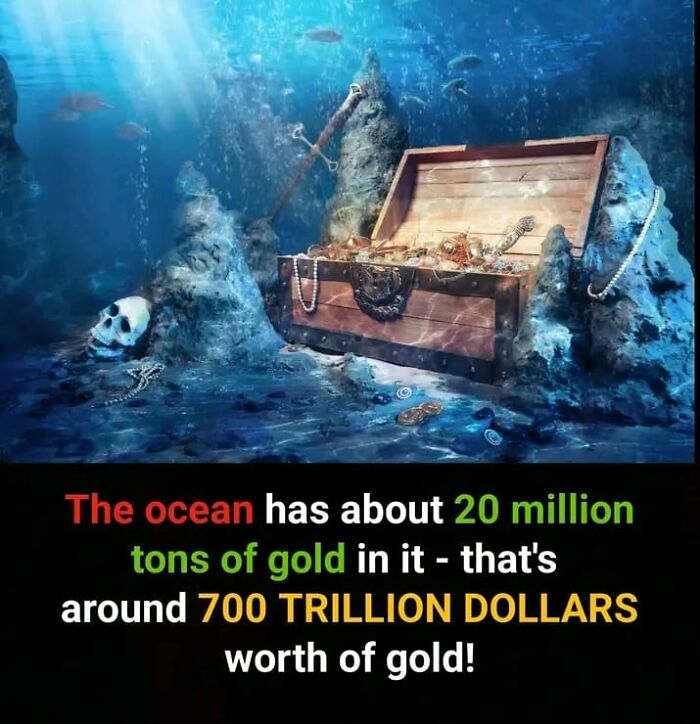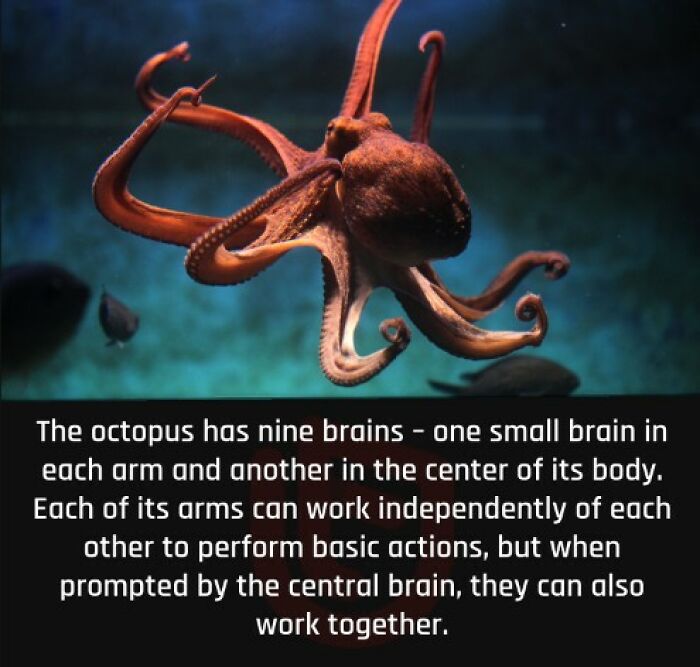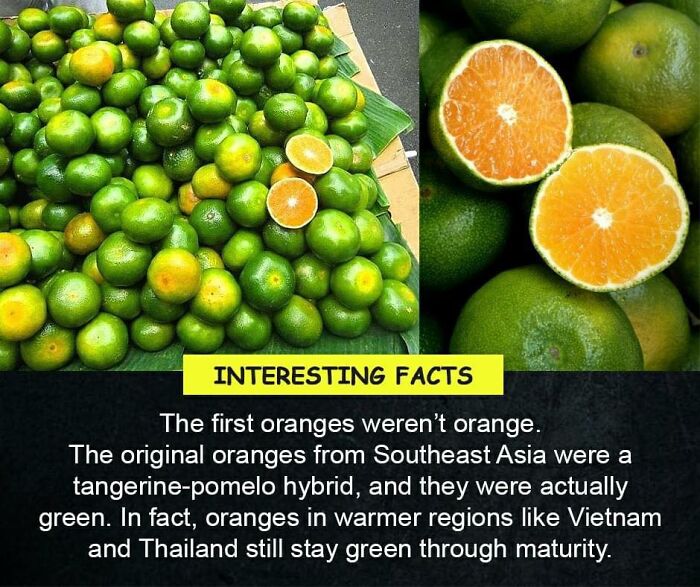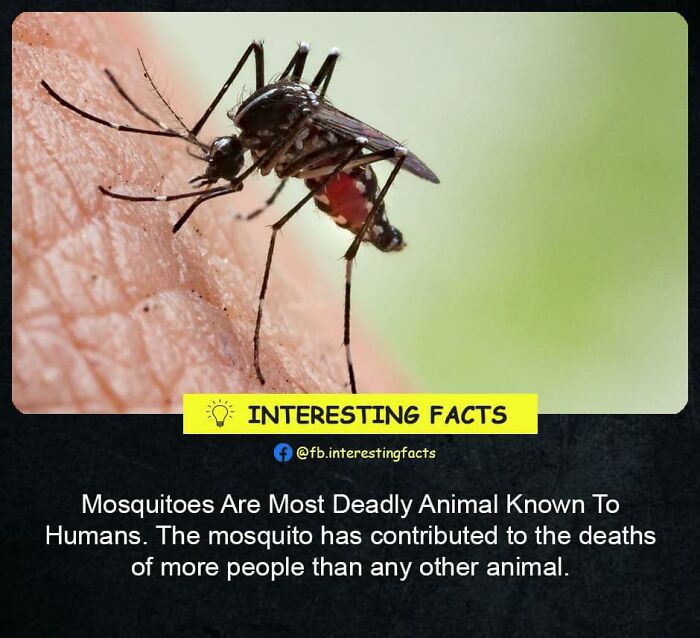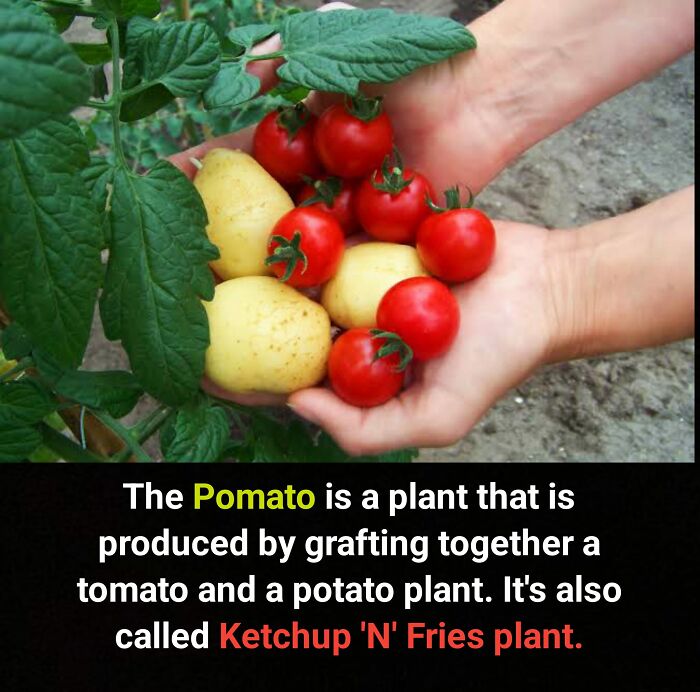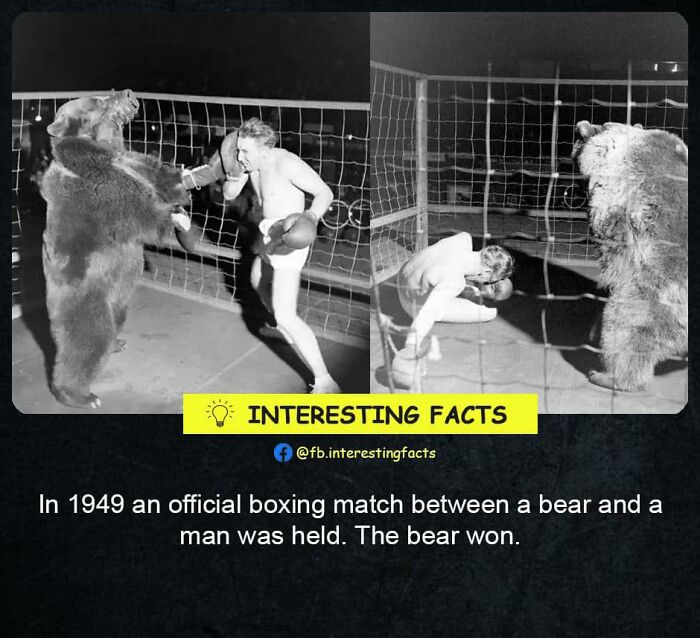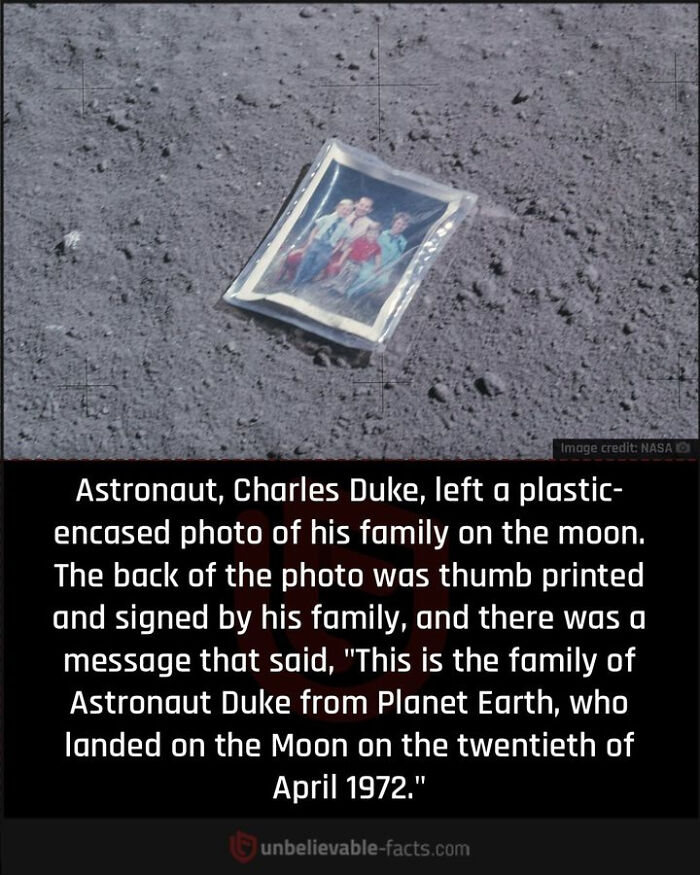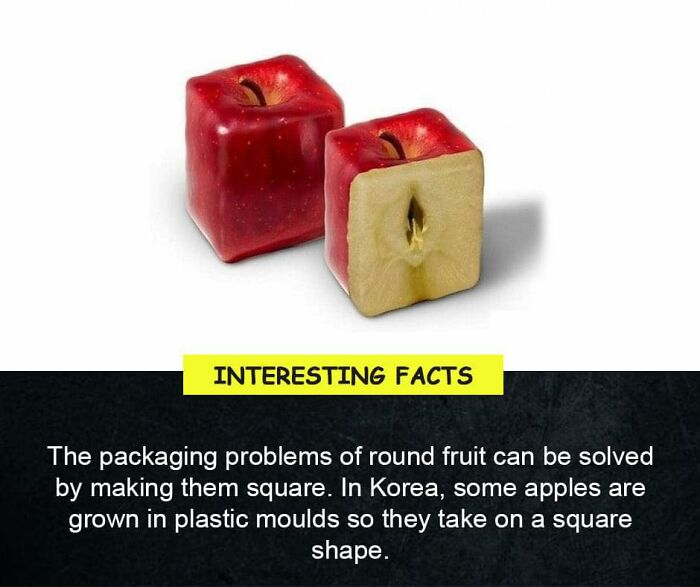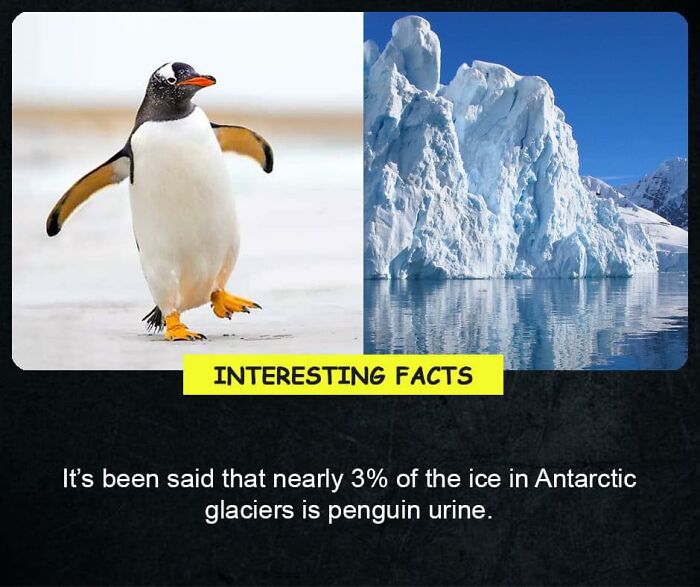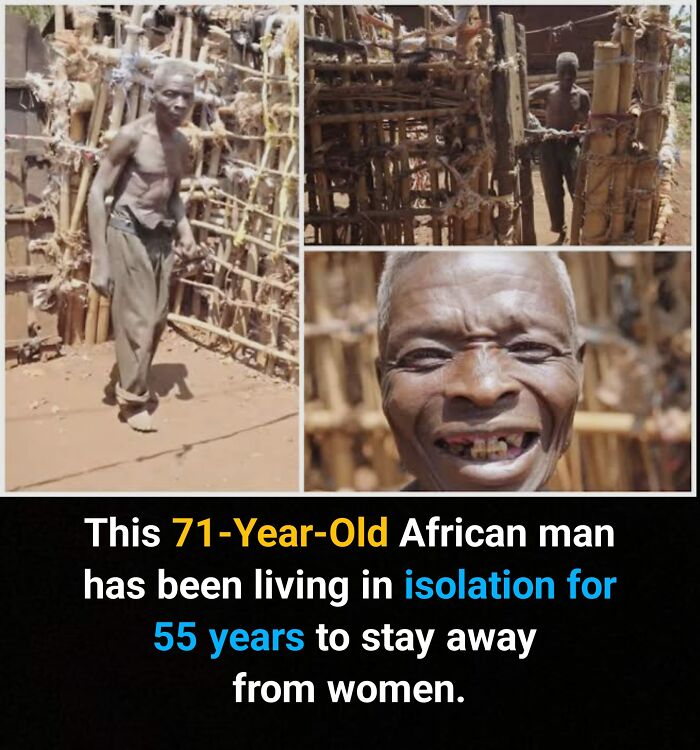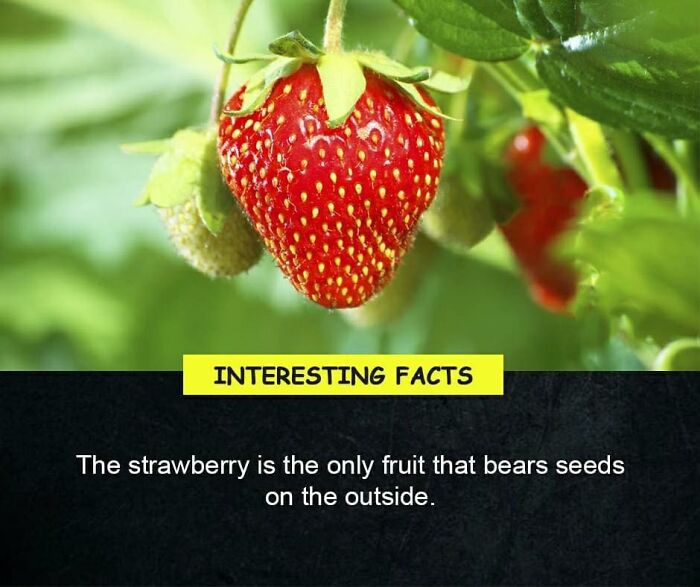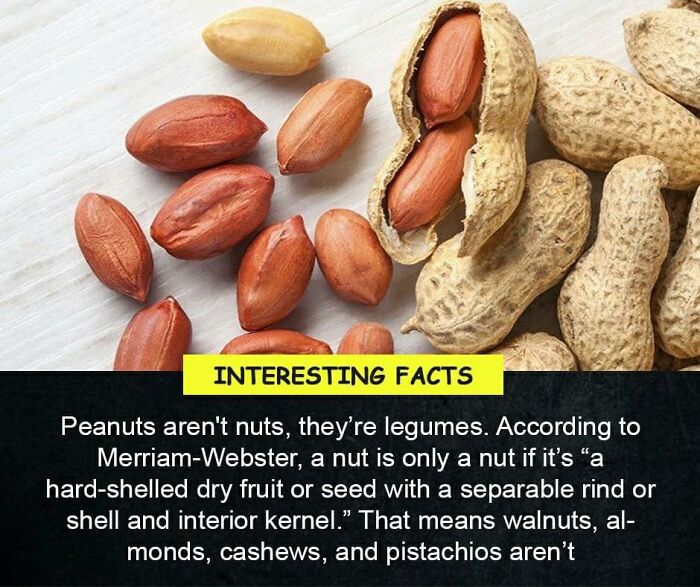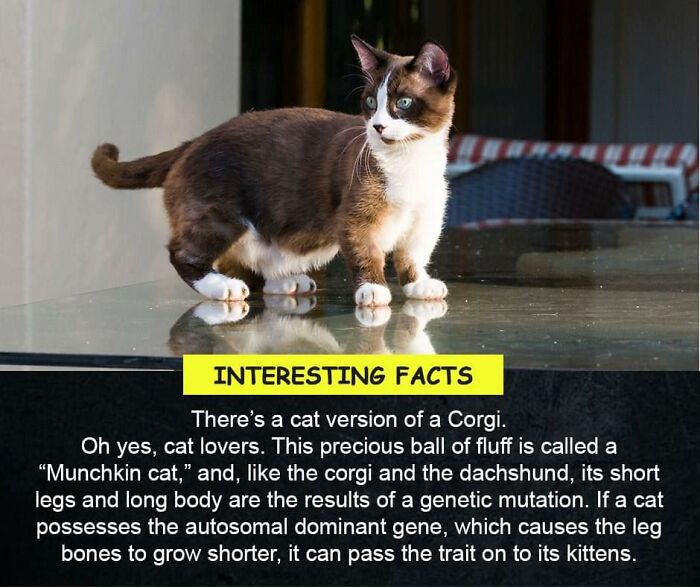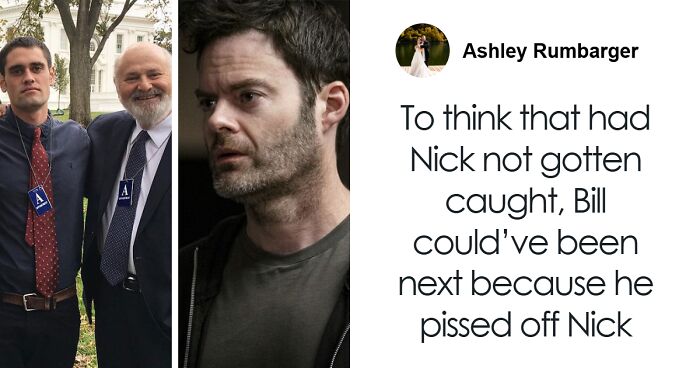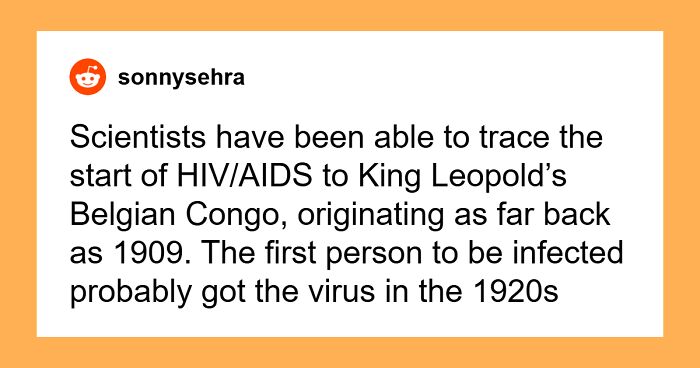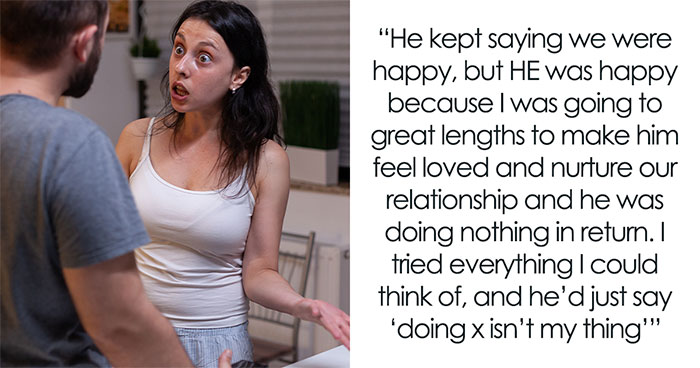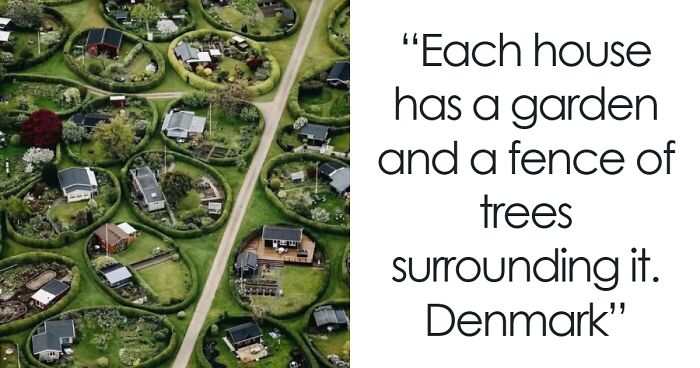Did you know that the official name for a hashtag is an octothorpe? If not, this means there’s still so much potential to learn something new and give your brain the workout it deserves. After all, the effects of acquiring new information are all positive.
We at Bored Panda passionately promote curiosity and discovering novel things, regardless of age. Therefore, we present you with a fresh list of fun facts and diverse and intriguing tidbits of knowledge courtesy of the Facebook page “Interesting Facts.” Scroll down to find them, and don’t forget to stay curious, people!
While you’re at it, make sure to check out a conversation with neuroscientist and author from Denmark Emma Louise Louth, who kindly agreed to answer a few questions about curiosity.
This post may include affiliate links.
Curiosity is the result of many breakthrough discoveries and inventions throughout human history, like the stone wheel or self-driving vehicles. It’s a basic human impulse and has many benefits for our well-being, including bettering brain health, improving intelligence, problem-solving, and fighting boredom.
Two people being honest and showing some integrity. Good on both of them.
However, with age, it seems that we ask fewer questions and start to be more content with the way things are. Whereas, children, on average, produce around 100 inquiries a day. “However, by the time they are ten to 11 years of age, they’ve pretty much stopped asking,” noted Robert Stokoe, director of the Jumeirah English-Speaking Schools in Dubai, United Arab Emirates.
“Of even greater concern is that by the age of 25, only two percent can think outside the box. Curiosity seldom survives childhood. Adult creativity is still powerful, but there is just not enough of it. It can be said that the creative adult is the curious child who survived,” he said.
A Chinese man named "John John" of Weaverville, California became rich washing prospectors clothes ... and collecting the gold dust trapped in their dirty clothing.
These "modern" inventions come up almost on the regular from thousands of years ago. I wanna know what happened to humans that we got sooooooo dumb and eschewed these highly useful items, for so very long.
The curiosity of a child is often encouraged and led by their caregiver. If they feel safe in their environment, they are more likely to explore new surroundings. In fact, parents are the ones responsible for instilling growth or a fixed mindset in their children. Something that encourages the former is using phrases such as “Let’s find out,” “I wonder,” and “What if?”
I think the complete story is that he needed lots of blood at the age of 14, and swore to become donor as soon as it was allowed for hem to become donor. He kept his word and they made the discovery. At his last donation he was accompanied by some mothers and their babies he helped saving.
But between ages 8 and 10, the passion for discovering and learning declines. Some attribute this to finding interest in video games, sports, and other after-school activities. Others say the education system is at fault, overwhelming them with various assessments, which leads to burnout.
And this is just a sneak peek into what awaits them in the future. One study found that the first signs of cognitive decline began around the ripe age of 24, as we start to rely more on our experiences than our intelligence.
However, the good news was that curiosity levels remain intact and might actually increase, especially concerning topics we might have no interest in as children. With time, history museums have become a beloved attraction among adults even though they wouldn't be caught walking into it as a kid.
This interesting dichotomy might be the fault of the unstable environment many adults live in. Becky Thomas, an author and executive coach working with generational issues in the workplace, explained, “The safety and security an individual feels about their surroundings is clearly a factor regarding curiosity more than a person’s age. But consider that Millennials grew up in a time with very low trust, due to the financial crisis, the events of 9/11, parents losing their jobs, etc.
So, because they have low trust, they’re apt to question things at a higher rate than a Gen Xer or baby boomer would at their age. Earlier generations grew up in a very ‘safe’ era and typically trusted leadership, so there wasn’t the questioning and curiosity in the same way there is now."
Overall, it seems that curiosity isn't dependent on our age but rather on our environment and how demanding and unstable it is. If you feel like you could use more encouragement to awaken your desire to discover something new, neuroscientist and author Emma Louise Louth recommends allocating some time every week to focus on learning.
The coolest part about this is, their ability to hold their breath this long is genetically enhanced. They evolved to dive that long, it's so cool!
"It can be scheduling time in your free time to work on something you are passionate about. Or, for example, at work, perhaps you find you never have time to sit back and learn something new because your to-do list is packed with important tasks. If you can, scheduling a couple of hours dedicated to reading the latest research in your field or other learning activities can help you prioritize that," she said.
A similar discovery was made by not painting airplanes saving airlines money by using less fuel.
Emma told us that she can't imagine a world where humans' curiosity and learning about our world stop. So let's challenge our brains even more and dive into our proud collection of interesting facts in this article or right here!
Keep the Americans away. We tip over too many balanced rocks for 'fun'. >sigh<
Gardiners Island, 5 sq miles, the Gardiner family has owned it since 1639 when they purchased it from the Montauk tribe (the tribe the town of Montauk Point is named after), whom the family still has a good relationship with, and the current owner in the family, Alexandra Creel Goelet, has been helping them in their fight for tribal recognition by NY State, a bill that was vetoed by Governor Hochul in 2022, and 4 times by Governor Cuomo. The family is also helping to try and get the tribe federal recognition as well. The current owner is Alexandra Creel Goelet, whose mother was a Gardiner and she inherited from her uncle (she is the first person not named Gardiner to own it, but she is of the family). Very fascinating story of the Island and the family and their relation with the Montauk tribe.
This image is fake. Sweden drives on the right, not the left. And their road signs aren't in English.
But if you put all the landmass together, then there would be one giant ocean.
Its all about perspective, as it's not as steep as this image implies, but does have 699 steps. The angle of ascent varies between 39 and 41 degrees. Much like the staircase in a house. jl-666e7d09846d1.jpg 
I am just a gnome and I'm digging for gold, A diggy diggy gold, a diggy diggy gold.
That's like watching those "Places that look unreal" shorts and seeing the cgi fake white apples being cut open to reveal red flesh. Weird.
So the potatoes grow underground while the tomatoes grow above on the same plant?
Here's the wiki page about it. https://en.wikipedia.org/wiki/London_Stone
I actually visited the place once and it’s beautiful and fantastic
This must be an old article, the fastest is 1.8 seconds for McLaren with Lando Norris.
It'd get very uncomfortable very fast if you did that. First you would be very cold. Then you would be very warm. Then you would be very on fire. Then you'd stop being alive. A few minutes later you'd stop being a coherent mass. Your ashes would probably vaporize long before they reached the core itself.
Also the worst city in the world for human rights, especially woman's rights
Please do NOT encourage the breeding of animals with genetic mutations!
The poll for this cracked me up (particularly the knowledge in moderation): Do you think acquiring new knowledge has a positive effect on your brain? 79% Absolutely, it keeps my mind sharp. 10% I think it helps, but moderation is key. 6% I'm not sure, I haven't noticed any changes. 5% No, I don't think it makes much difference. ....... but it's been a weird few days...
They missed out "who cares I won't remember it by tomorrow anyway"
Load More Replies...Look at this little guy. From https://www.youtube.com/watch?v=pxuBwfNp2wk sddefault1...68febb.jpg 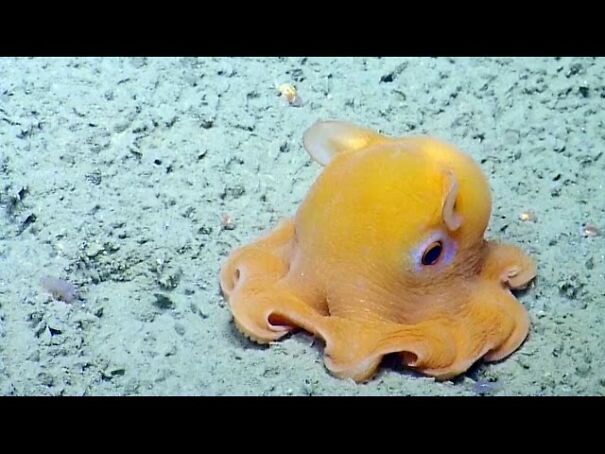
The poll for this cracked me up (particularly the knowledge in moderation): Do you think acquiring new knowledge has a positive effect on your brain? 79% Absolutely, it keeps my mind sharp. 10% I think it helps, but moderation is key. 6% I'm not sure, I haven't noticed any changes. 5% No, I don't think it makes much difference. ....... but it's been a weird few days...
They missed out "who cares I won't remember it by tomorrow anyway"
Load More Replies...Look at this little guy. From https://www.youtube.com/watch?v=pxuBwfNp2wk sddefault1...68febb.jpg 

 Dark Mode
Dark Mode 

 No fees, cancel anytime
No fees, cancel anytime 












